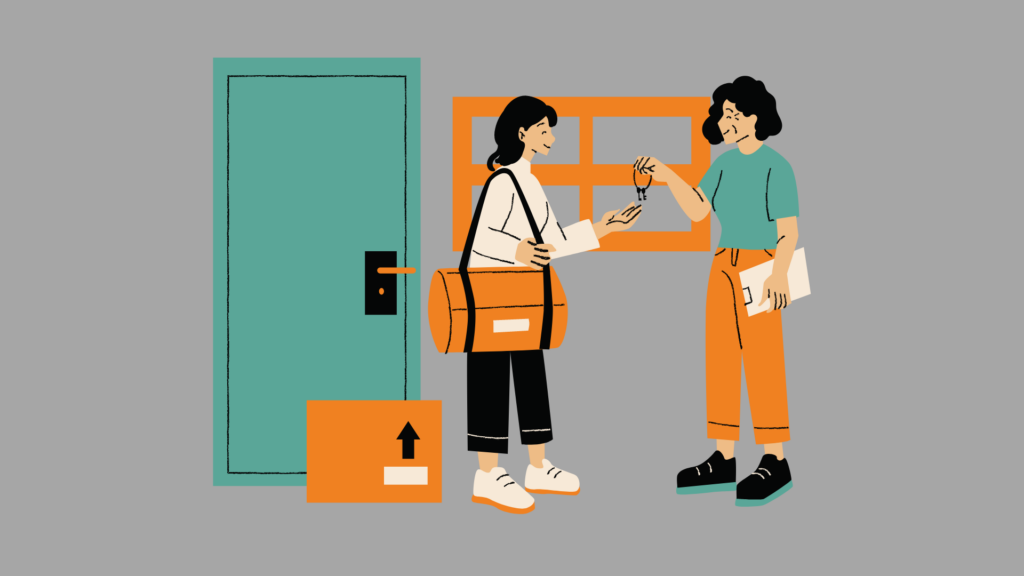What would you say New Brunswick is mostly known for? Is it the non-existent nightlife? Is it the broken and sometimes dangerous roads? Is it the skyrocketing gas prices? How about grocery prices? High rent costs? Low minimum wage? All these issues have one thing in common and it happens to be related to what New Brunswick is actually known for: being one of Canada’s poorest provinces with the lowest employment and literacy rate in all of Canada. This unfortunate title has led to some very pressing issues that unfortunately don’t seem to be getting better.
One of the issues that comes with being one of the poorest provinces in Canada is our abysmal social assistance rates. As of 2022, New Brunswick has been saddled with the lowest social assistance rates in all of Canada sitting at a meager $8,031 for the year when it comes to single adults that are still considered employable.
Robert Mckay, an advocate with the Common Front for Social Justice is angry about the situation and in an interview with CBC he states that, “New Brunswick is the bottom of the barrel.” He continued, “I didn’t realize the discrepancy, that the same human being, and I am that human being in New Brunswick, receives $8,000 to live on because I really can’t make it independently on my own.” He finished, “I thought we’re the same human beings and we’re all Canadians.”
To put this in perspective, other provinces such as Quebec as well as our neighbors in PEI make over $15,000 each compared to our measly $8,000. Many New Brunswickers echo Robert’s thoughts last October on the International Day for the Eradication of Poverty when activists peacefully protested in front of the Fredericton Legislative building.
The march was organized by the New Brunswick Common Front for Social Justice, NB ACORN, The Canadian Union of Public Employees (CUPE), and the NB Coalition of Persons with Disabilities. Some notable attendees were MLAs from both the Green and Liberal parties, joined by around 70 other attendees.
The main goal of the protest was to call out Blaine Higgs for his lack of initiative toward any attempt to aid in the housing crisis. NB ACORN said in a statement, “MLAs on their way to work passed by protesters demanding rent control, a raise to the minimum wage, and that more affordable housing be built.”
New Brunswick has the second lowest minimum wage in all of Canada, making it extremely difficult to survive in this province for most of New Brunswick’s working class. The long stagnant minimum wage has made living difficult for many New Brunswickers, as extreme inflation eats away at wages that have not kept up.
The doubling of grocery prices has driven many New Brunswick residents to food banks, and rent prices are surging with no cap in sight, leading many people to become homeless.
So where do we go from here? It’s hard to say, but with the federal election coming up hopefully the stats will speak for themselves and changes will actually be made. If nothing changes, there is no doubt protests will continue.




